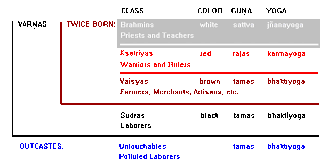
Boys over flowers, a recently broadcasted Korean drama is popular among Singaporeans and many others around the world. The storyline of the movie centres on an ordinary girl from a low income family who gets sponsored to attend Koreas’ prestigious school where she meets 4 rich boys, the F4. The drama will illustrate the friendship she shares with the F4 as well as the trials and tribulations of her romantic relationship with the F4’s leader.
Like many other Korean dramas, Boys over Flowers serves to entertain and invite its viewers into a world of fantasy which is void of reality. Still, Korean drama fans, young and old, continue their support for these dramas. In Singapore, the Internet and cable networks have made Korean dramas accessible to many. As such the viewership and support for these dramas have increased in recent years.
Singaporeans who do not know the Korean language are attracted and some obsessed over Korean dramas. This is because these dramas often feature a family-centred storyline which is favoured by many in our Asian collectivist culture. Also, the lead character, often a regular person, winds up in extraordinary romances or whimsical experiences and in the end, lives happily ever after. As viewers can identify and sympathize with these ordinary characters, they continue their support for these dramas.

Singaporeans, hit by the Korean drama wave, are studiously learning the Korean language, replacing traditional food for Korean cuisine, jumping on planes to see the drama sets in Korea and wearing fashionable clothes as seen on their Korean stars. The influence and increase in support for Korean popular culture may cause cultural imperialism to occur.
Singapore, though diverse in race, religion and culture share subsets of our traditional cultures. As a follower of a few Korean dramas, i was attracted to the Korean culture. However it did not prompt me to emulate the culture as i was content and unwilling to give up mine. Therefore, should Singaporeans continue to be influenced by other cultures and give up our Malay, Indian or Chinese cultures? Should we allow the imperialism of Korean or American cultures to occur? Will char kway teow or roti prata make way for kimchi in the future?






 e able to understand the opposite sex, show sensitivity and hold interactive conversations.
e able to understand the opposite sex, show sensitivity and hold interactive conversations.

